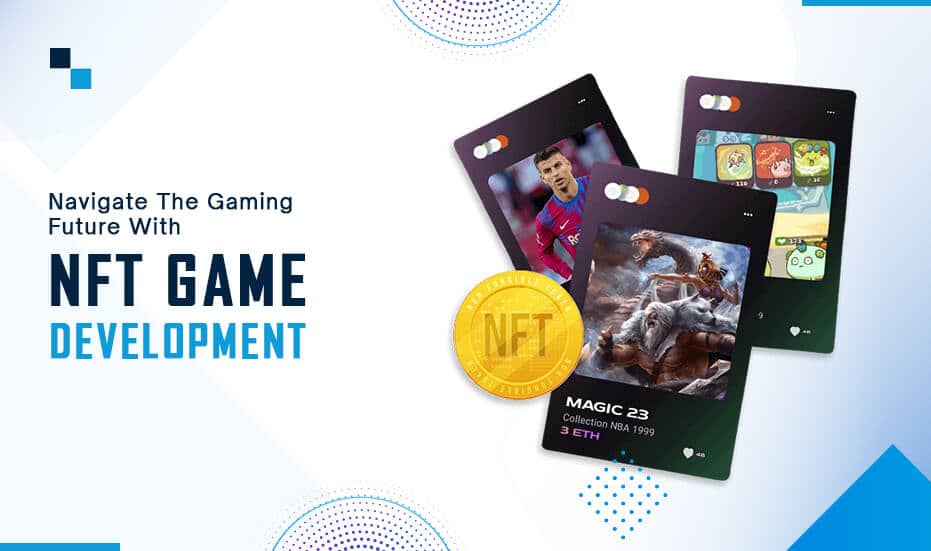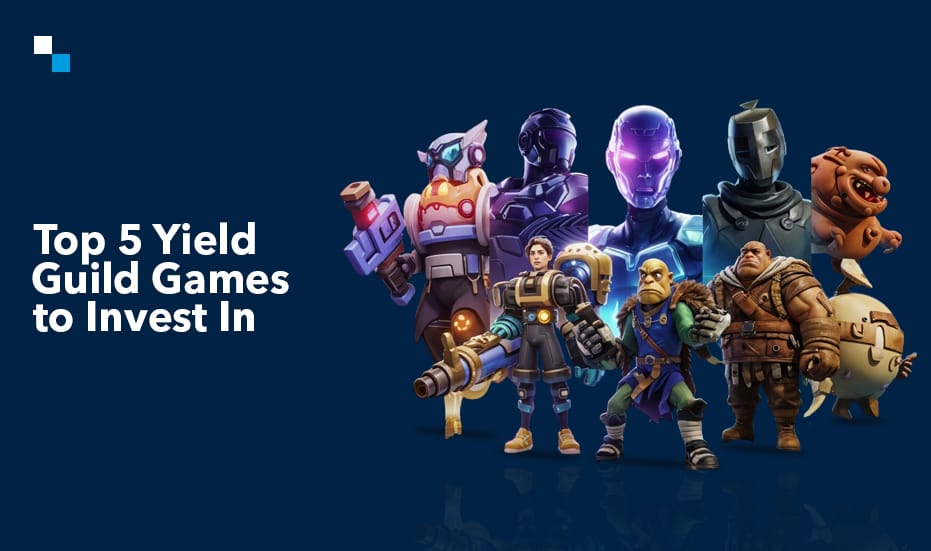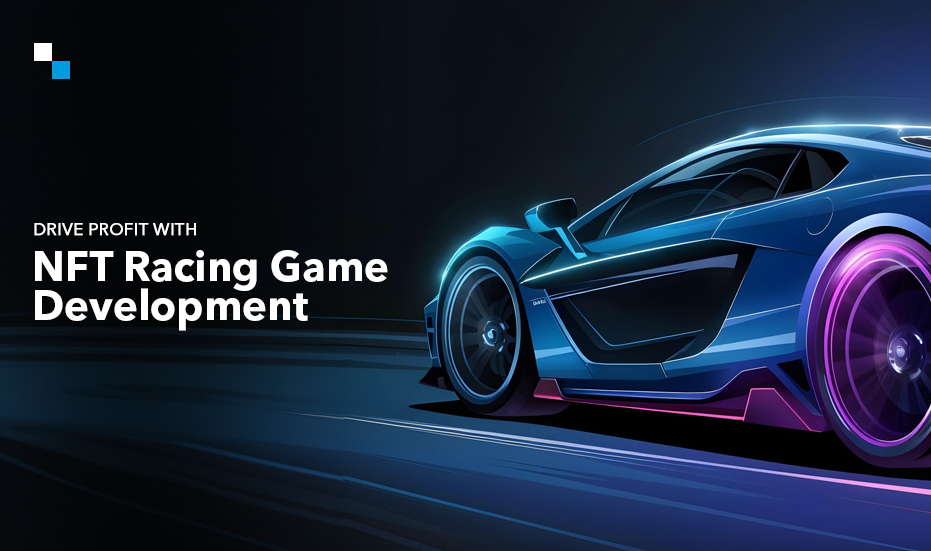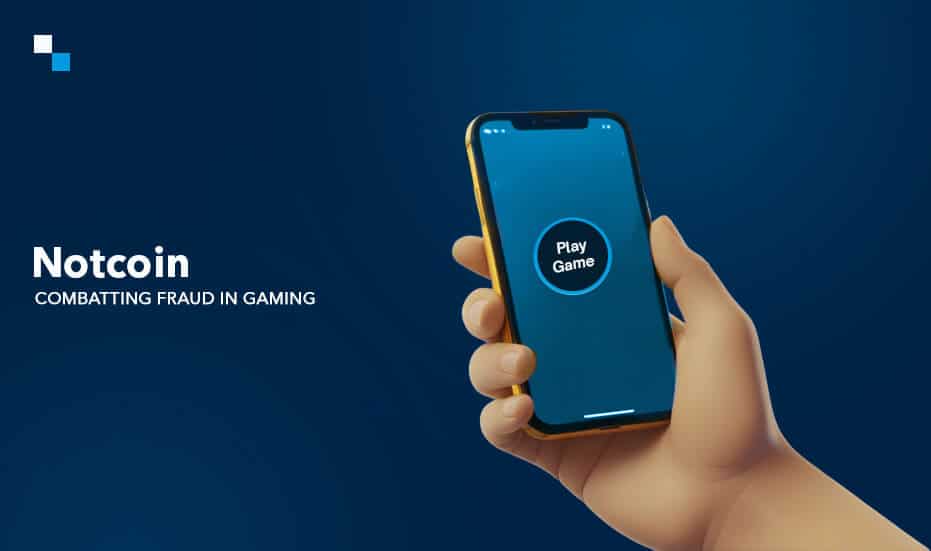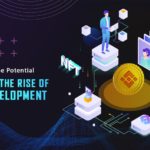
From Idea to Execution: Delve Deeper into BSC Non-Fungible Token Development
May 22, 2023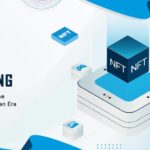
Everything You Need to Know About NFT Development & NFT Lending
May 22, 2023NFTs, or non-fungible tokens, have taken the world by storm in recent years, revolutionizing the way we think about digital ownership. NFTs are unique digital assets that are stored on a blockchain, allowing for secure and transparent ownership verification.
One of the most exciting areas of development for NFTs is in the realm of gaming, where they have the potential to unlock new levels of player engagement and monetization. In this article, we will explore the world of NFT game development. We will take a closer look at NFTs, how they can be used in games, and some of the challenges involved in developing NFT games.
What are NFTs?
NFTs are unique digital assets stored on a blockchain platform which makes them verifiably unique and secure. They are often used to represent ownership of digital assets, collectibles, and other unique items. Unlike traditional cryptocurrencies such as Bitcoin, which are fungible (one Bitcoin is interchangeable with any other Bitcoin), NFTs are exclusive. They cannot be replicated or exchanged for another item. Therefore, this makes them ideal for representing rare and valuable digital assets, such as rare in-game items, virtual land, and even characters. Let us scroll down to know the process of NFTs game development.
How are NFTs used in developing gaming platforms?
NFTs have several potential use cases in games. These use cases can be used to represent rare in-game items that can be bought, sold, and traded between players. For example, a rare weapon or armor set could be represented by an NFT, allowing the owner to prove that they are the only one who owns that item. This creates a new level of scarcity and exclusivity in the game, increasing the value of rare items.
NFTs can be used to represent unique characters or avatars. These can be bought, sold, and traded between players, allowing for a new level of customization and personalization in the game. Players can create their own unique avatar and sell it as an NFT, or buy other players’ avatars to use in the game. NFTs can also be used to represent virtual land, which can be developed and monetized by the owner. The owner can prove ownership and control over the land, making it a valuable asset in the game by representing virtual land as an NFT. Apart from having several benefits, NFT gaming platform development faces complex challenges. Scroll down to read about it.
How does the NFT game development process work?
NFTs are interoperable which increases the value and utility of the game.
To achieve interoperability, game developers may use standard tokens. The tokens basically define the rules that are needed for creating and using NFTs on any blockchain.
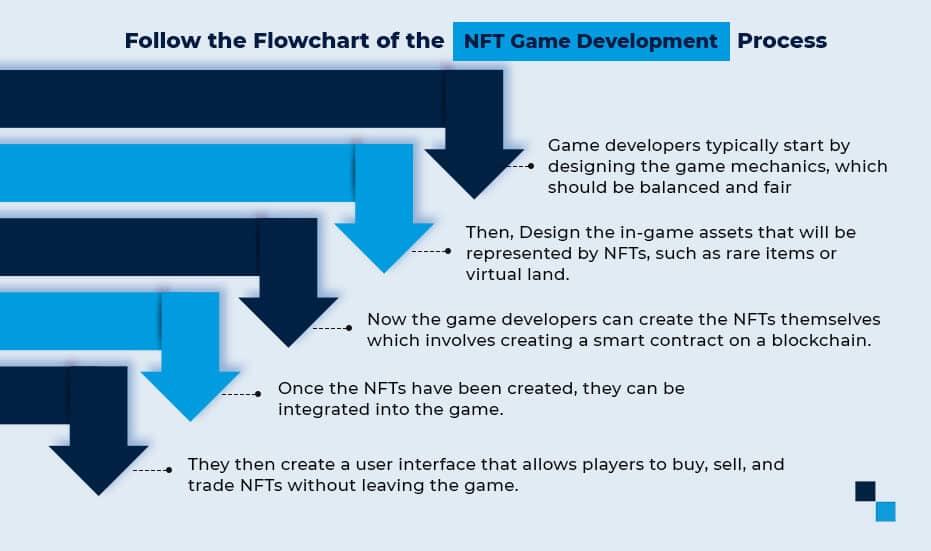
What are the Challenges of NFT game development?
- Balanced Game Mechanics- Though NFT gaming platform development has great potential, there are several challenges involved. One of the biggest challenges is ensuring that the game mechanics are properly balanced and fair, even with the introduction of rare and valuable NFTs. If certain NFTs give players an unfair advantage, it can create a pay-to-win scenario, which can be detrimental to the game’s longevity.
- NFT Integrated User Interface- Another challenge during NFT game development is ensuring that NFTs are integrated seamlessly into the game’s user interface. Players should be able to buy, sell, or trade NFTs without leaving the game. This requires a well-designed interface and integration with blockchain technology.
- Scalability- Last but not least, there is the issue of scalability. NFTs are currently popular and valuable, but this trend is not guaranteed to continue. Game developers need to be prepared for the possibility that interest in NFTs may wane over time. They also need to design the games in a way that is not overly reliant on NFTs for monetization.
Final Thoughts
The NFT gaming platform development process is rapidly evolving with great potential for creating new and innovative gaming experiences. However, Antier helps you overcome the above-mentioned challenges with the help of their expertise. The game developers design fair gameplay mechanics, create NFTs using smart contracts, and integrate them into the game using a user interface that allows for seamless buying, selling, and trading.
